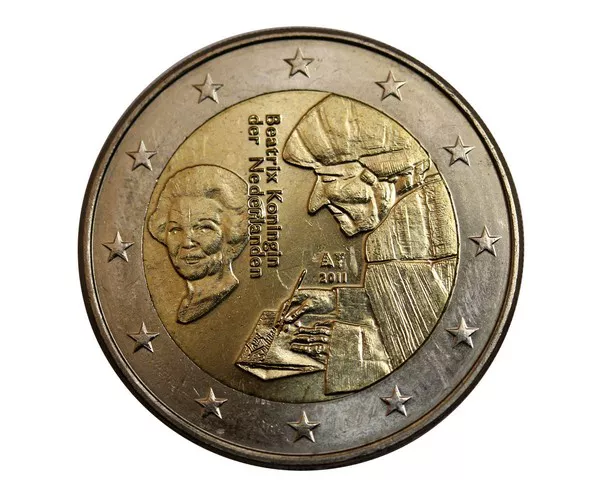In today’s globalized economy, currencies play a pivotal role in international trade and financial transactions. Two prominent currencies that dominate the world stage are the euro (€) and the dollar ($). Both the euro and the dollar are widely accepted and hold substantial influence across various sectors. This article aims to analyze and compare these two currencies to determine which one holds the higher value.
1. Historical Background:
The euro, introduced in 1999, is the official currency of 19 out of the 27 European Union member states. It was established to promote economic integration within Europe and streamline cross-border transactions. On the other hand, the U.S. dollar has a longer history dating back to the late 18th century, evolving from the Continental Congress’ issuance of paper currency during the American Revolutionary War.
2. Exchange Rate:
The exchange rate between the euro and the dollar is dynamic and subject to fluctuations due to various factors such as economic indicators, geopolitical events, and monetary policies. Historically, the euro-to-dollar exchange rate has varied between 0.83 to 1.60 over the past two decades. Therefore, it is not accurate to state definitively which currency consistently holds a higher value as their relative worth is subject to market forces.
3. Economic Strength:
Determining the strength of a currency requires evaluating the underlying economies. The Eurozone, with its diverse member countries, collectively forms one of the largest economies globally. The European Central Bank (ECB) oversees monetary policy for the Eurozone, working toward price stability and sustainable economic growth.
Similarly, the United States boasts the world’s largest economy, characterized by its technological advancements, vast consumer market, and strong industrial base. The U.S. Federal Reserve System (Fed) plays a crucial role in managing the monetary policy of the United States, focusing on employment levels and inflation.
4. Reserve Currency Status:
The dollar, often referred to as the world’s premier reserve currency, is held in significant quantities by central banks worldwide. This status gives the U.S. dollar a unique advantage and fuels its global demand. Moreover, international commodities, such as oil, are predominantly priced in dollars, further bolstering its position as a reserve currency.
While the euro is not classified as a reserve currency to the same extent as the dollar, it has gained prominence and increased its share of global reserves since its inception. The euro’s status as a reserve currency has been reinforced by the stability and economic strength of the Eurozone.
5. Impact on International Trade:
The strength of a currency can significantly impact international trade dynamics. A stronger currency can make exports more expensive and imports more affordable, potentially resulting in a trade imbalance. Conversely, a weaker currency can make exports more competitive and imports relatively expensive.
As both the euro and the dollar are widely used for international trade, their exchange rate fluctuations directly influence import and export volumes between Europe, the United States, and other trading partners. The relative strength of these currencies plays a vital role in shaping bilateral trade relationships.
Conclusion:
Determining whether the euro or the dollar holds a higher value is a complex task influenced by numerous factors. While the exchange rate fluctuates over time, both currencies play critical roles in the global economy. The dollar’s longstanding position as the world’s primary reserve currency and the size and strength of the U.S. economy contribute to its overall prominence. However, the euro’s significance has grown steadily, backed by the collective economic might of the Eurozone.
Ultimately, the value of a currency is subjective and depends on various factors, including economic indicators, geopolitical events, and market sentiment. Investors, businesses, and individuals should closely monitor currency trends and consult with financial experts to navigate the ever-changing landscape of international currencies effectively.


